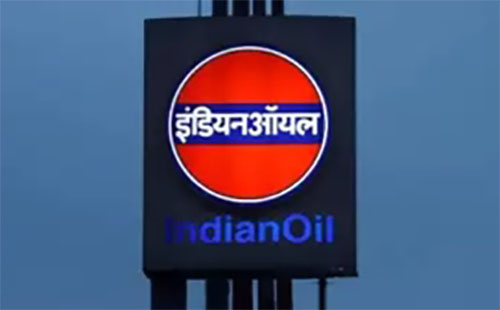NEW DELHI: India’s largest oil refiner and fuel retailer IndianOil has launched a project to recycle more than 20 million discarded plastic bottles weighing about 405 tonne per year into yarn for making polycotton fabric as part of the company’s climate commitment and net zero plan.
Initially, the fabric will be used for making uniforms with “Go Green” message for the company’s 10 lakh petrol pump attendants and LPG delivery personnel to spread awareness about reducing waste. The bottles will be collected by an aggregator for deriving yarn which will be turned into cotton-mixed fabric for uniforms.
“Oil industry is a major carbon emitter. This cannot be helped (due to the very nature of the industry). IndianOil has pledged to become net-zero by 2046. These eco-friendly uniforms will shine as our green commitment. The conversion of plastic bottles into fabric is a beautiful example of how diligent handling of problems opens doors to new opportunities,” company chairman S M Vaidya said.
The project, named ‘Unbottled’, was launched by popular film actor and climate change advocate Bhumi Pednekar. In the first phase the bottles will be collected in seven states for processing. The company plans to tie up one processing aggregator for each region and eventually expand into high-value merchandising such as uniforms for other big companies.
Vaidya said about eight million tonnes of plastic enter the ocean annually and about 150 million tonnes circulate in the marine ecosystems. “At this pace, by 2050, there will be more plastics in the sea than fish…We must realise that the world belongs to all.”
The launch of the initiative coincided with the company on Satuday hosting a session on initiatives in the fields of biofuels, sustainable solar-based cooking, carbon efficient refinery technologies and energy transition at COP 27’s India pavilion in Sharm El-Sheikh, Egypt.
The clothes from recycled plastic bottles match virgin polyester in quality but their manufacture takes significantly fewer resources.

